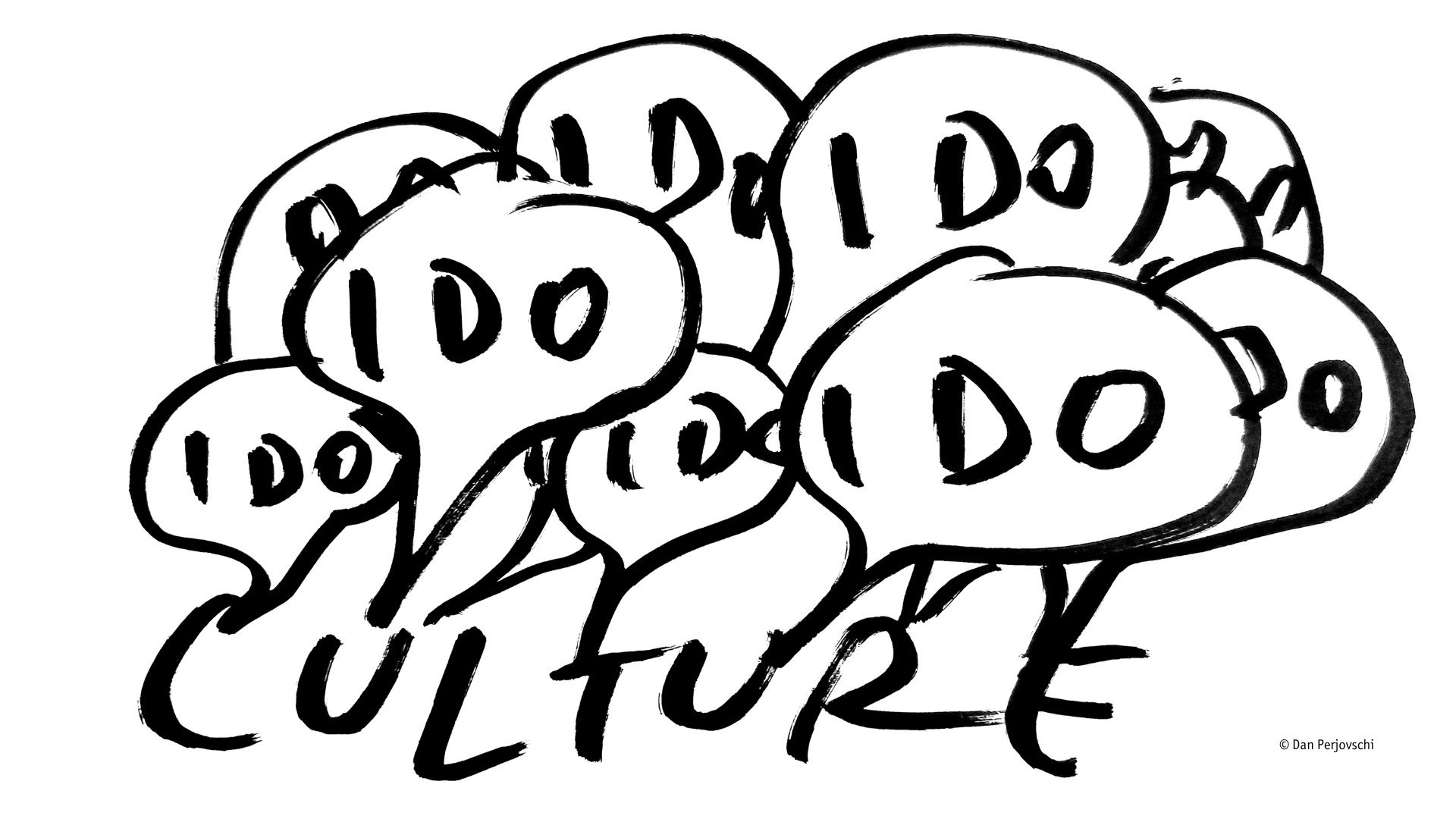The campaign ‘Looking at the university differently’ (info in Dutch) shows the power of science at UAntwerp. We selected a number of research projects that exemplify our core values: connection, innovation, impact and quality. Cross-faculty collaborations, which benefit society as a whole, are a good example of this. In this series, we highlight such exciting collaborations.
At the Culture Commons Quest Office (CCQO) at UAntwerp, researchers and artists from Belgium and abroad join forces to find sustainable employment and bottom-up solutions for the arts sector. Physiotherapist and researcher of rehabilitation sciences Kato Everaert sheds light on the cooperation with designer and researcher Annelys de Vet.
‘Artists and designers often have to twist and turn to keep their practice running. At the same time, additional commercial activities are sometimes at odds with their artistic work’, says Annelys de Vet, who has her own design office, but is also affiliated with the Antwerp Research Institute of the Arts (ARIA) as a researcher.
‘In the CCQO we question artists about their activities in our society, we probe their imagination and how we can learn from these activities in terms of thinking differently about or organising power structures. We also look at how artists can join forces instead of seeing each other as competition, and how they can make things public.’
Researcher x Artist
The great advantage of this cooperation between different faculties and artists is that the CCQO creates connections between researchers, research institutions and artists, ‘but also between different disciplines and between different European countries’, says Kato Everaert. She is a physiotherapist associated with the Department of Rehabilitation Sciences at UAntwerp and focuses on treating lower back pain in dancers.
‘By involving people with very different profiles and expertise in CCQO, we want to create a more horizontal, inclusive line’, adds Annelys de Vet. She says this has only been partially successful. ‘These are people from very different countries, but they are all white and have relatively easy access to academic structures’, she points out.
What we share
‘If I look at Belgium, we are the only ones to bring so many disciplines and countries together’, Everaert says. ‘There are indeed not many places where artists and scientists work together in such a way’, adds De Vet. ‘And also in relative freedom’, she continues. ‘There is no need to achieve clearly defined goals. Those part of the group also determine the direction.’ This fits in with the idea that decisions should be decentralised, a practice towards which CCQO is also working. ‘The project is connective because it asks questions about the Commons, about what we have in common, what connects us and how things relate to each other.’
What has the CCQO already achieved?
‘After obtaining an Odysseus grant from the Research Foundation Flanders, the Culture Commons Quest Office (CCQO) was established within ARIA in 2016’, explains coordinator Pascal Gielen. ‘An economist, an art historian, a sociologist, a musicologist and a philosopher wrote PhDs on sustainable creativity and the role of the commons.
In addition, two PhD researchers – a philosopher and a policy expert – worked on the possibilities of the commons in the cultural sector and in cultural policy. The fact that all these scientific insights could suddenly be applied in practice made CCQO research very relevant’, he says.
‘Sometimes it is difficult to put an artistic practice into words, let alone into academic terms.’
Internationally, and especially at European level, there was much interest in the research. This interest led to additional funds for legal research. Together with artists, CCQO has published several popular publications and policy recommendations for the European Commission. ‘In the meantime, the CCQO received spontaneous applications and a few PhD researchers from Italy and Spain joined the team’, says Gielen.
The Flemish government has since given the Culture Commons Quest Office an advisory assignment to work out a ‘commons proof cultural policy’. This cultural policy will be presented at a conference on 6 December at the University of Antwerp, and will also lead to a policy paper in 2024. Meanwhile, the Museum of Contemporary Art in Antwerp (M HKA) commissioned the CCQO to examine the extent to which the museum organisation can be made ‘commons proof’.
The CCQO is currently doing research into the civil value of sociocultural work, upon request of the Flemish policy support centre Socius. ‘In addition, the CCQO has been asked to share its opinion about 20 times a month by artists (State of the Arts), trade unions, cultural organisations, and municipal, national and European policy makers’, Gielen said.
Peace and freedom
‘In the medical world, the frame of reference is fairly well-defined, but the Culture Commons Quest Office challenges us to think broader and wider’, says Everaert. ‘As a researcher, you don’t always have to stick to the academic lines. With CCQO, we want to learn that it is allowed to think broader and wider. As a researcher, this gives you the space to do something new and innovative.’
“CCQO its main task is to conduct policy-related research; currently they are doing research into the civil value of sociocultural work”
‘As a PhD researcher in arts, I think it’s great that artists are given a lot of space and trust’, says De Vet. ‘In the CCQO, there are no structures within which something must meet a certain standard. This is also necessary, because sometimes it’s difficult to put an artistic practice into words, let alone into academic terms. The CCQO gives artists space and I appreciate that’, she concludes.
Get to know more about this project.
About the campaign ‘Looking at the university differently’:
Smartphones working with bacteria. Measuring air quality with a doll. Exploring space from underground… Sounds absurd? It might seem that way, but these are all examples of creative research done at UAntwerp. Because our students and researchers think differently. Do things differently. And then surprising stories follow. Discover them (info in Dutch).
Find out how we want to position UAntwerp (login – info in Dutch).


